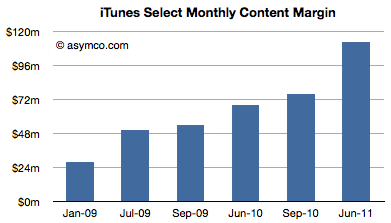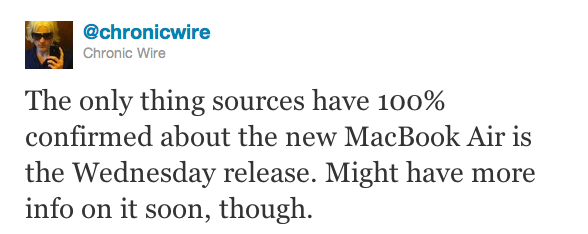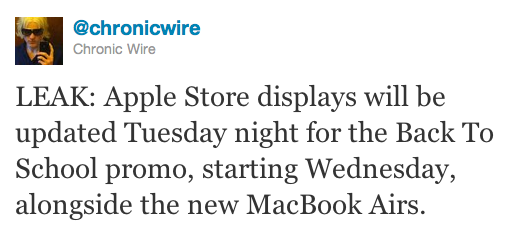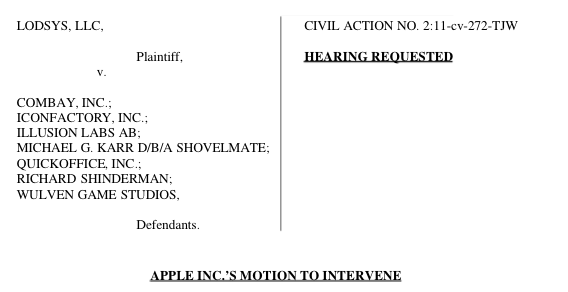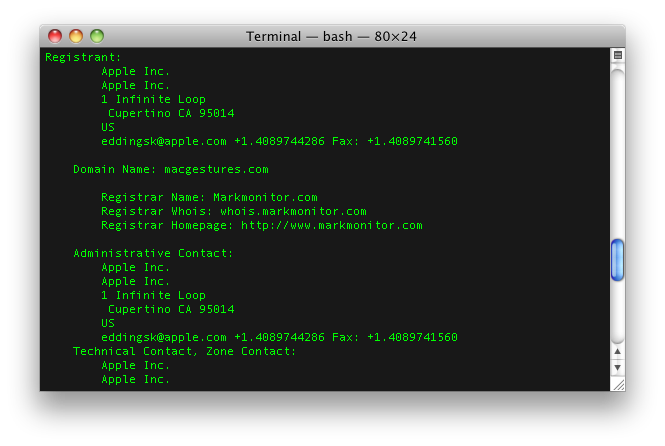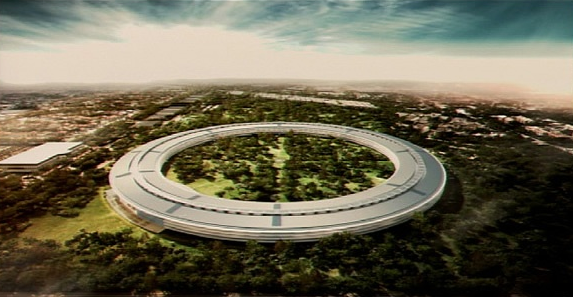If you were to run your iTunes Store out of your basement, just think about how much it would cost to serve Apple’s 225 million accounts on file. With 15 Billion iTunes song downloads, 14 Billion app downloads, and with those downloads soon to be happening simultaneously between your Mac, iPad, and iPhone thanks to iCloud, Horace Diedu writes that we can deduce a lot about how much it costs Apple to keep the operation running smoothly. “Since we know something about the average price of songs and apps, and we know the split between developers and Apple (and roughly between music labels and Apple) we can get a rough estimate of the amount Apple retains to run its store.”
Diedu took the margin of apps and song downloads per month (assuming if the app store runs ‘break even’) and added them together; the margin consists of what Apple pays out to content owners before processing, delivery, and maintenance costs. He concludes that it costs Apple $133 million a month, or $1.3 billion which is paid towards keeping everything operating smoothly. Remember, we’re not calculating the gross margin, but rather the amount Apple is left with after paying developers, record labels, and publishers, before pouring that cash into their operating fees. The leftovers, Deidu concludes, would go towards capacity increases, perhaps in Apple’s new datacenter.
[via Asymco]


